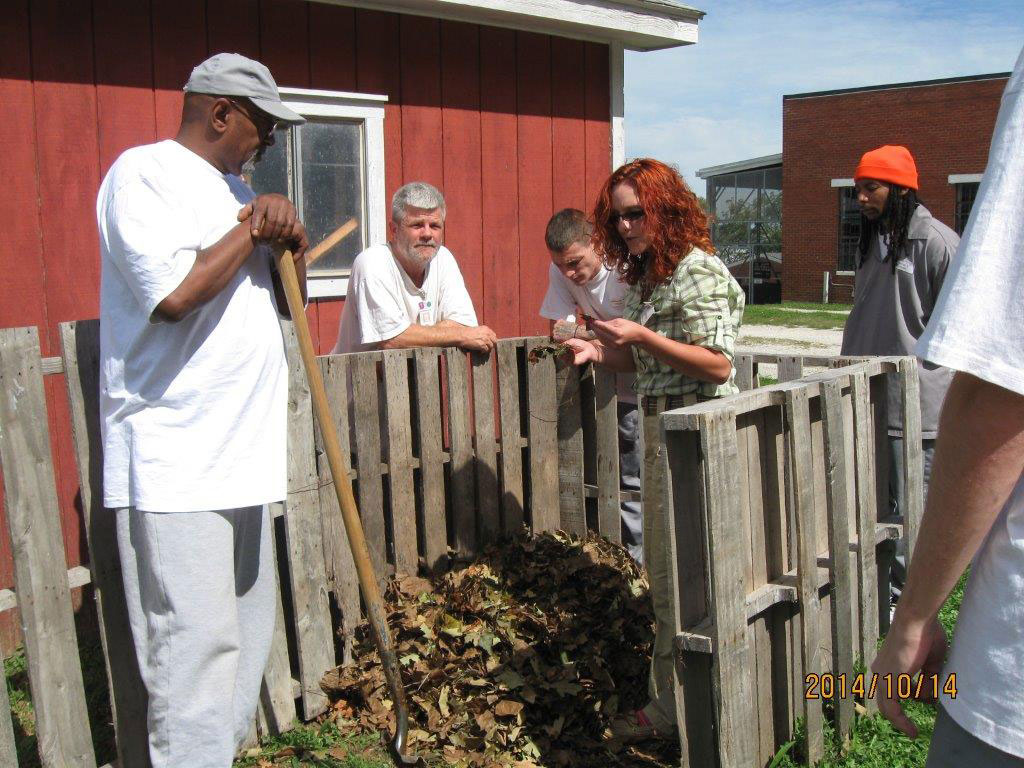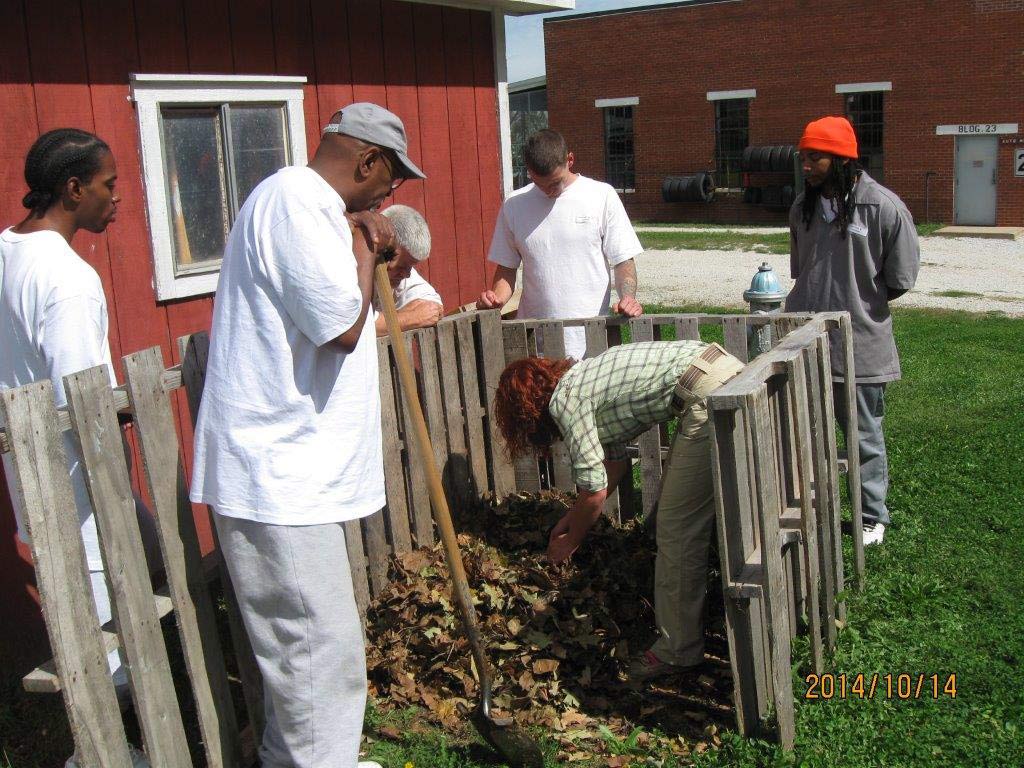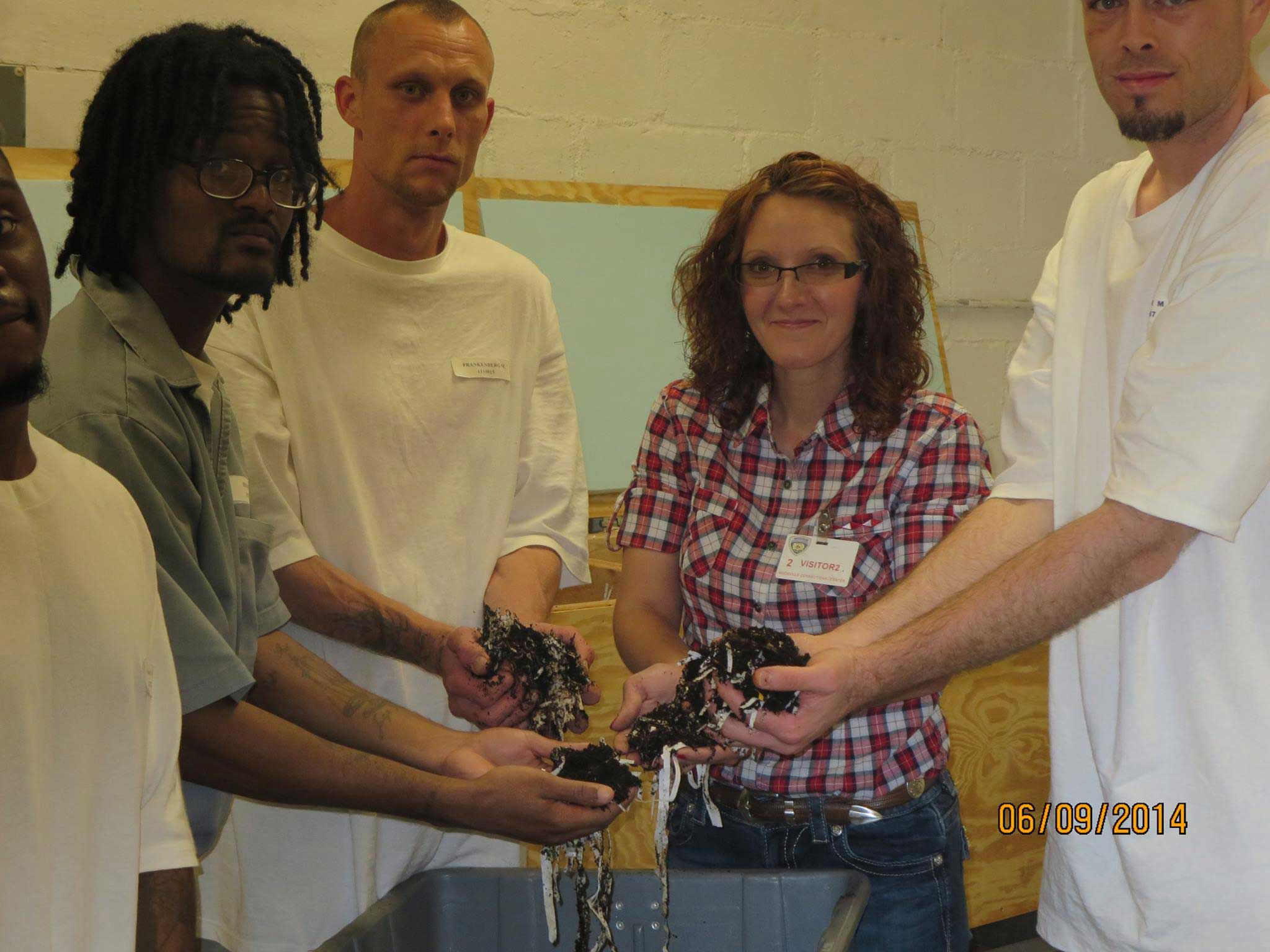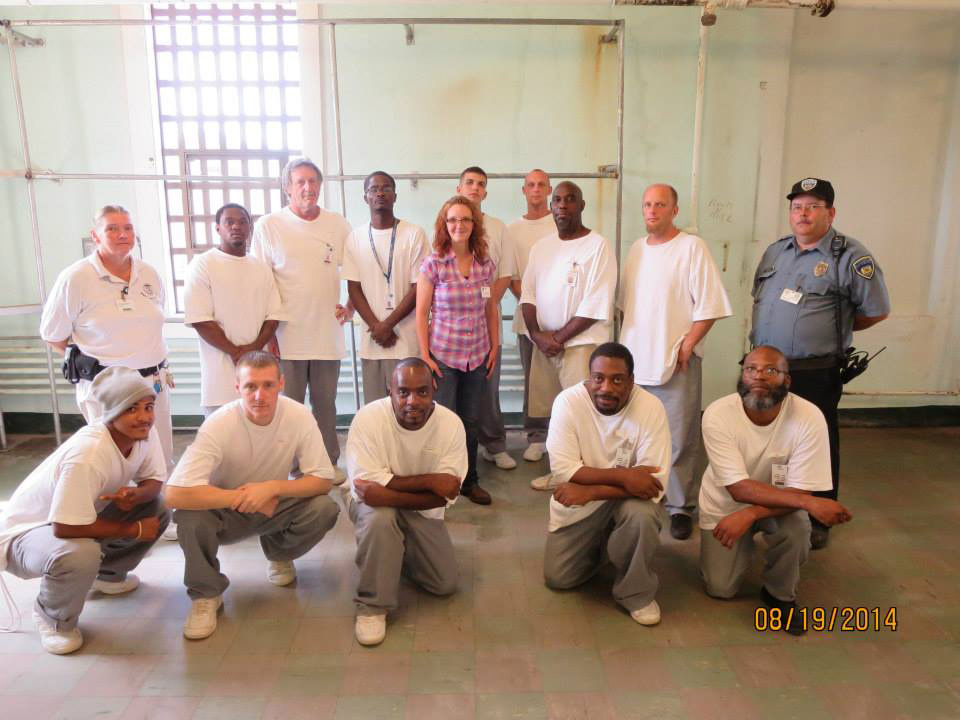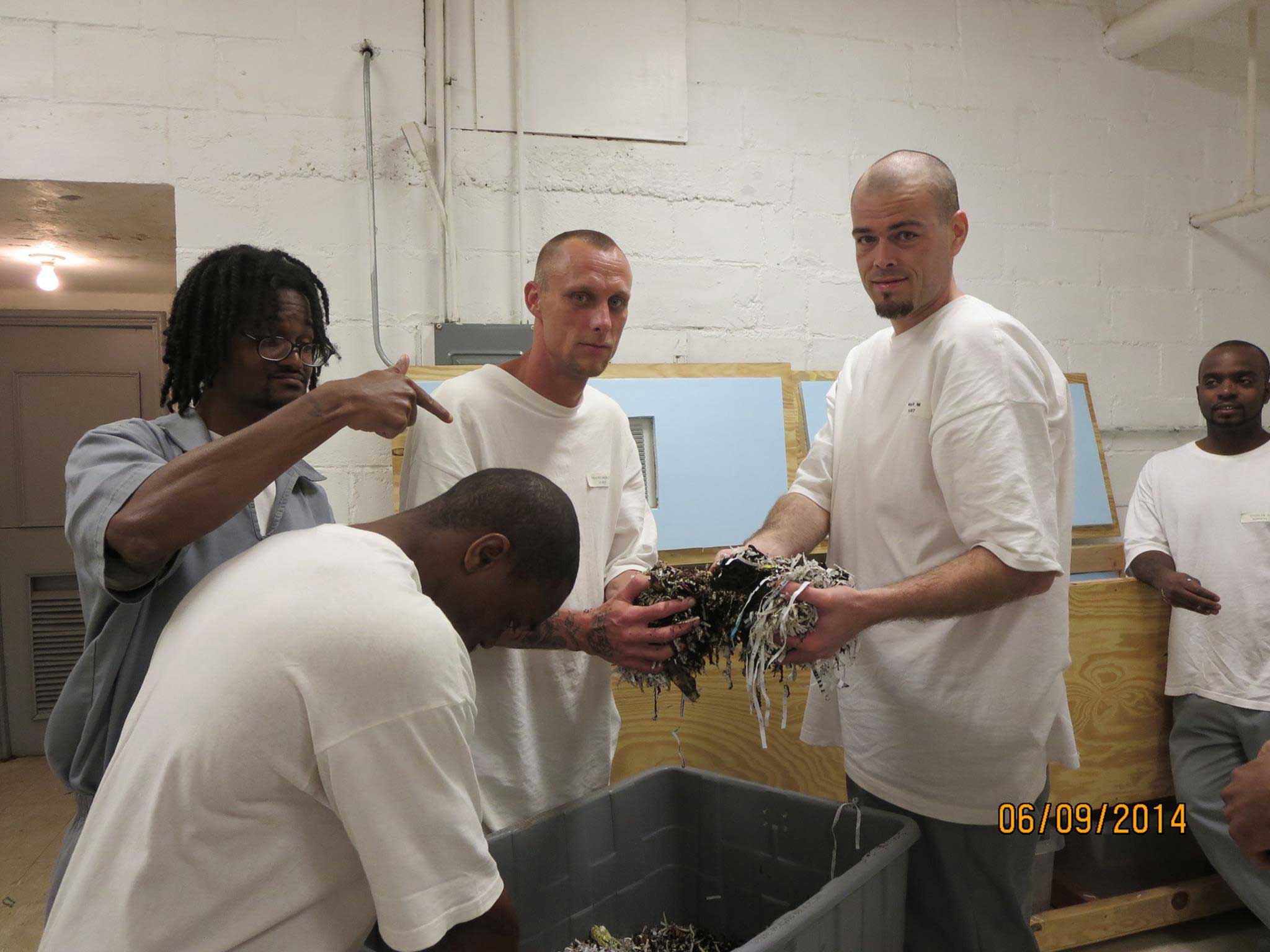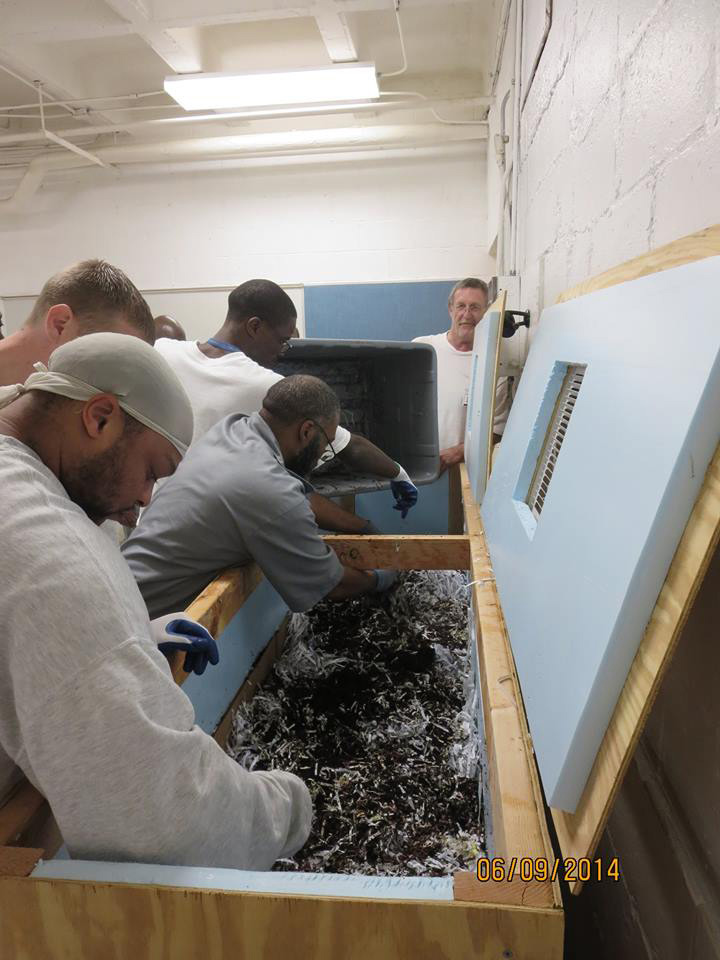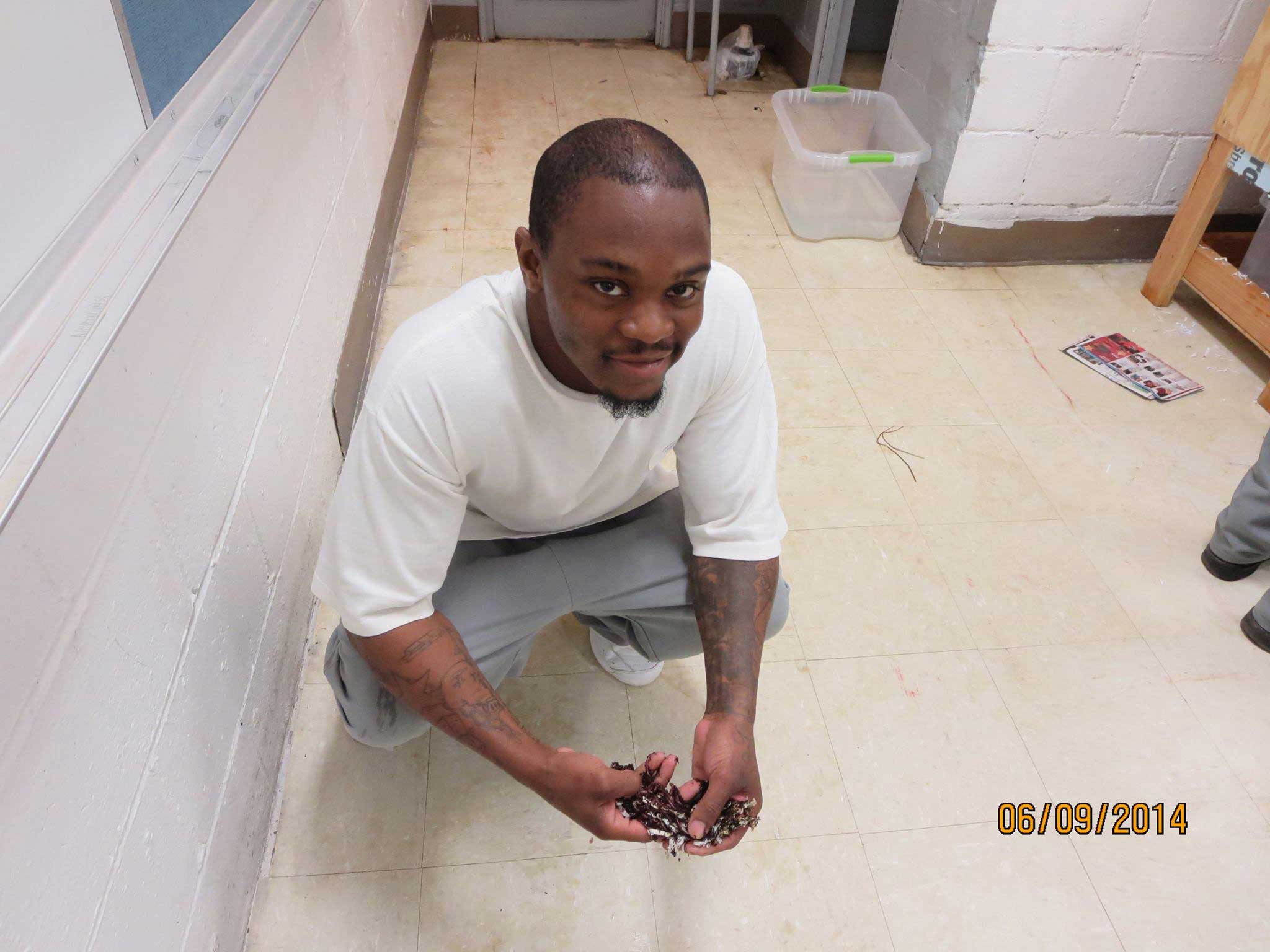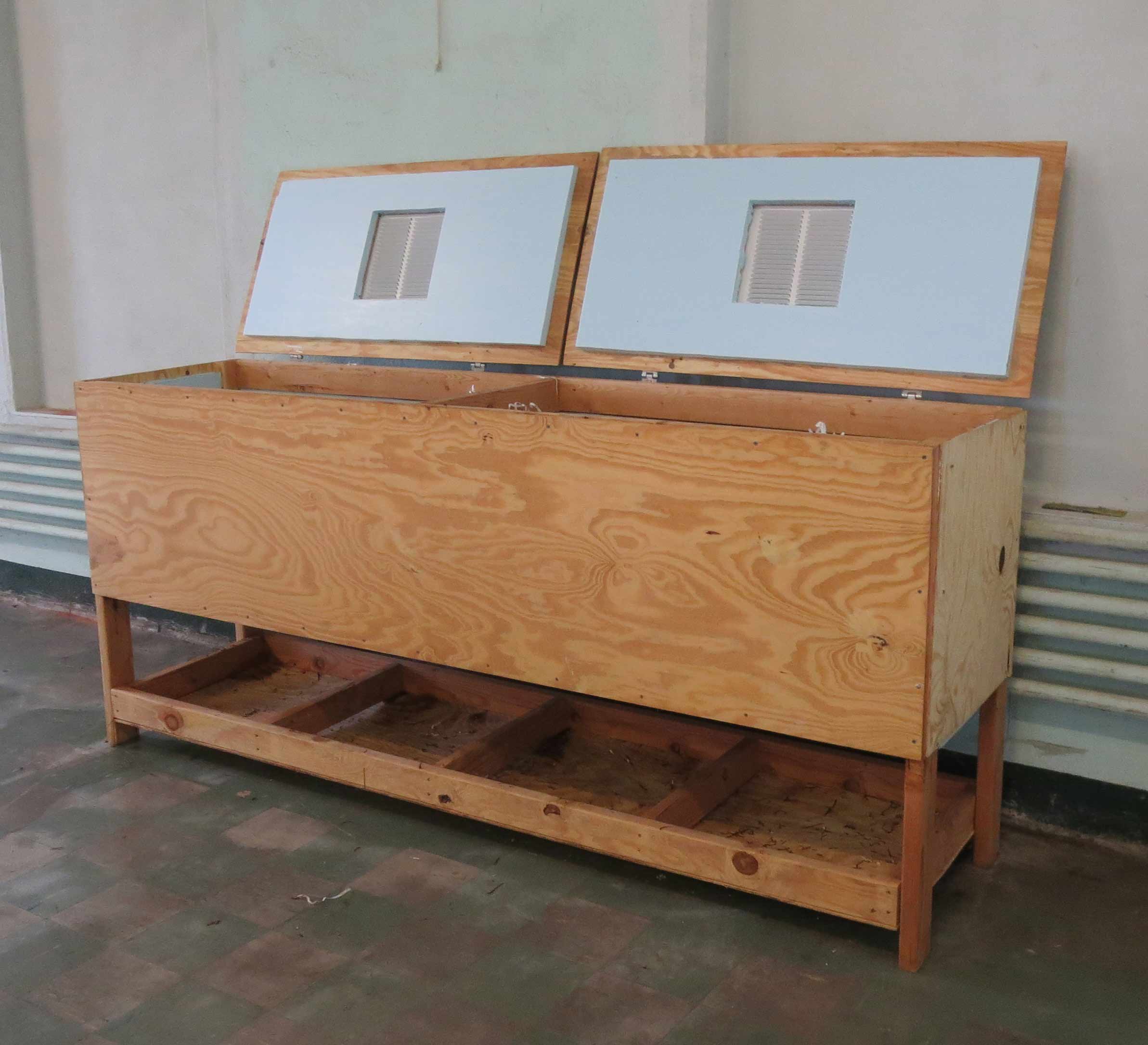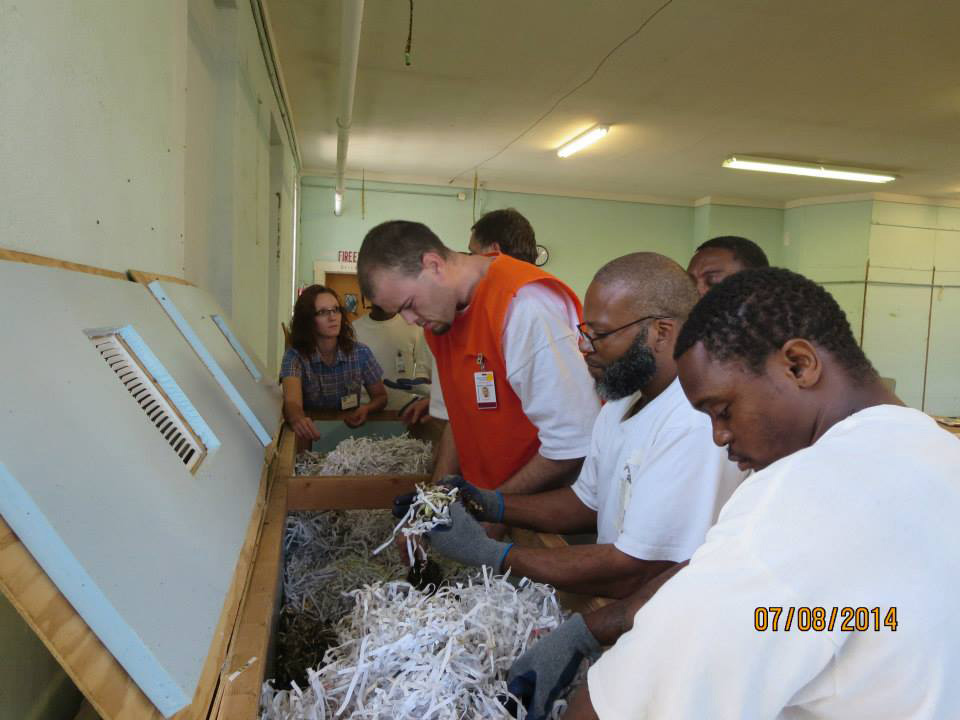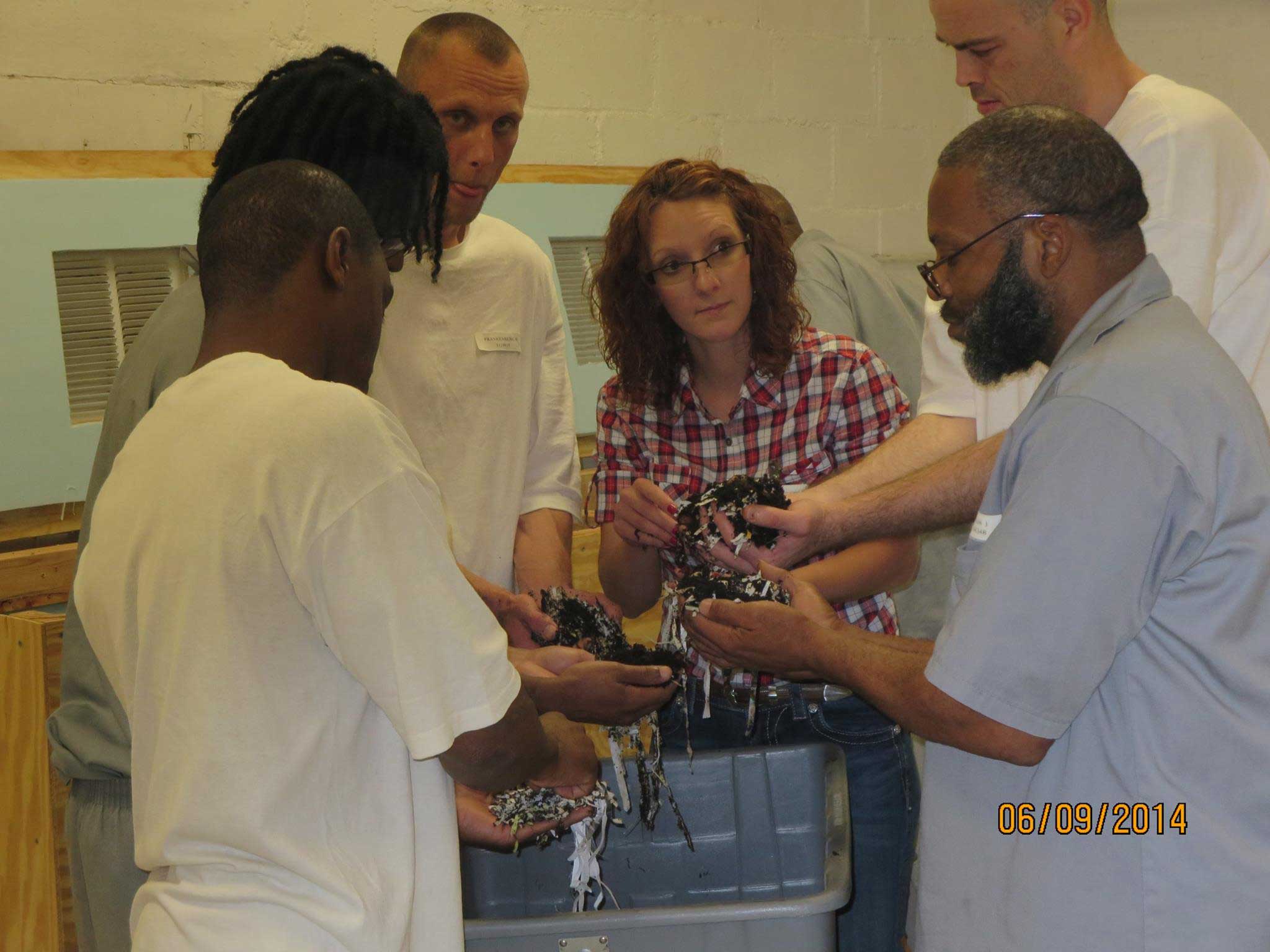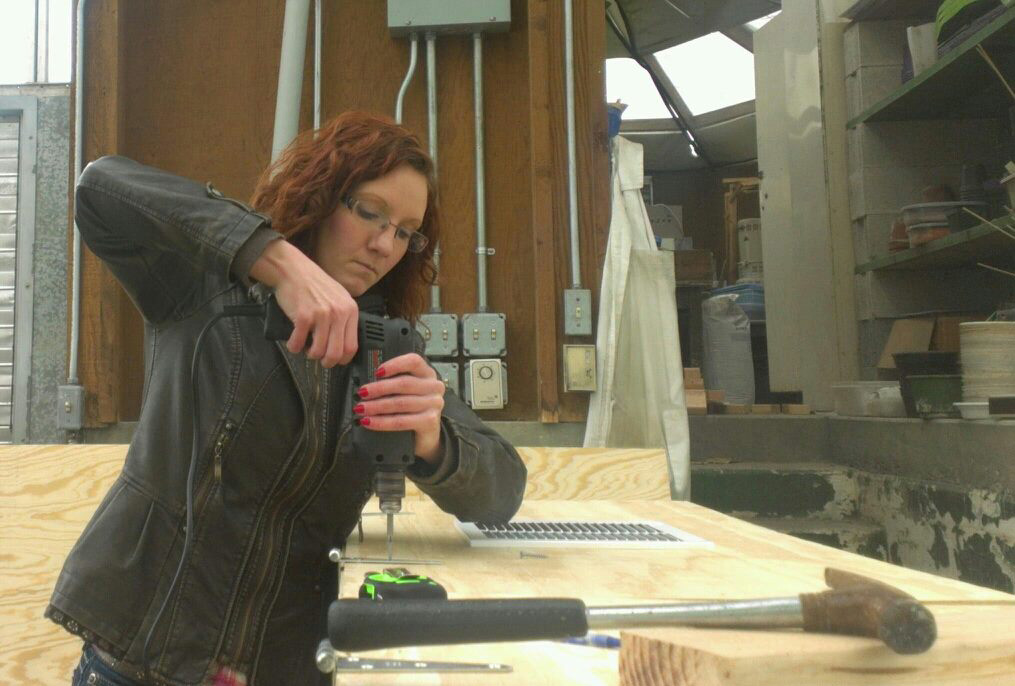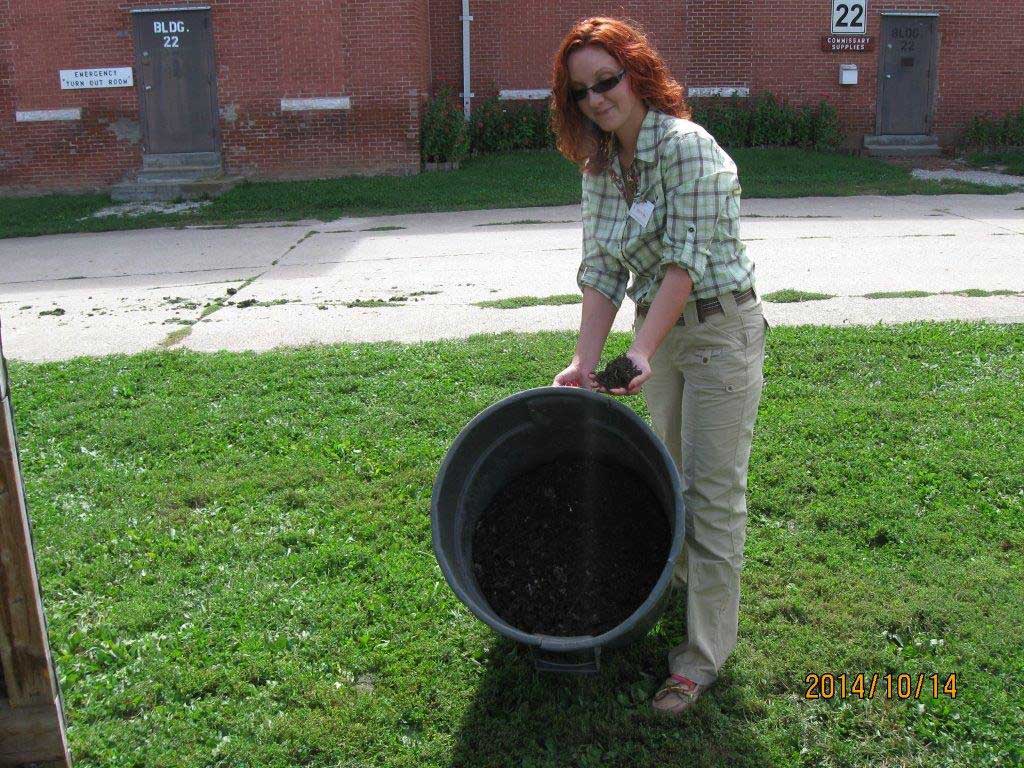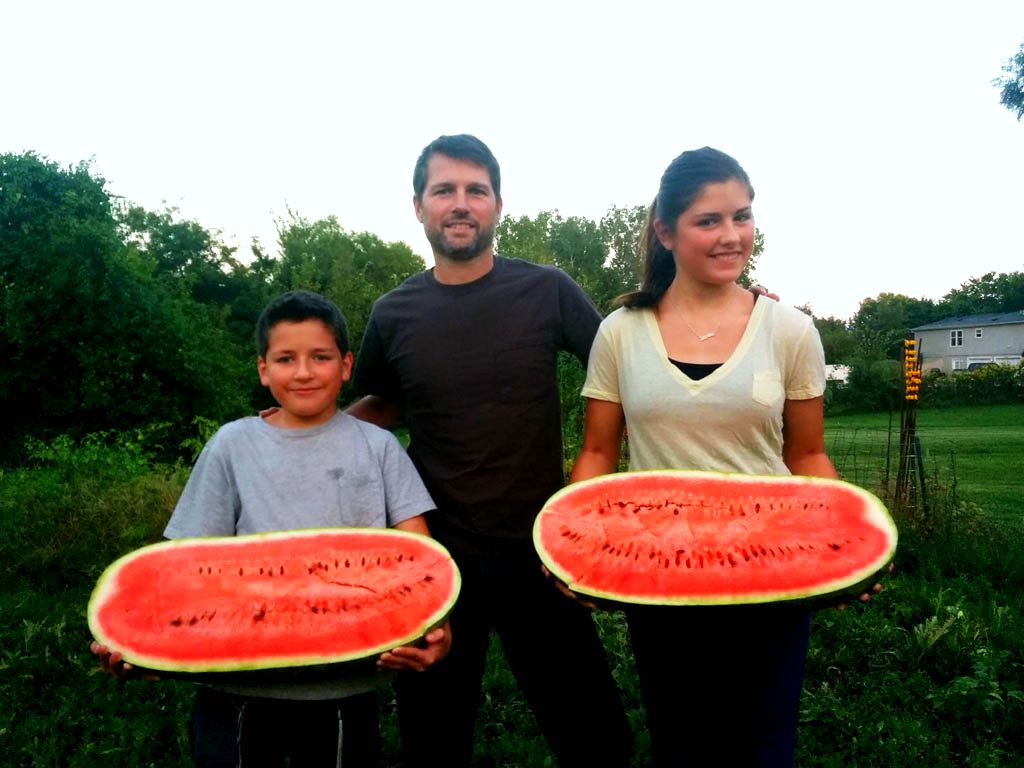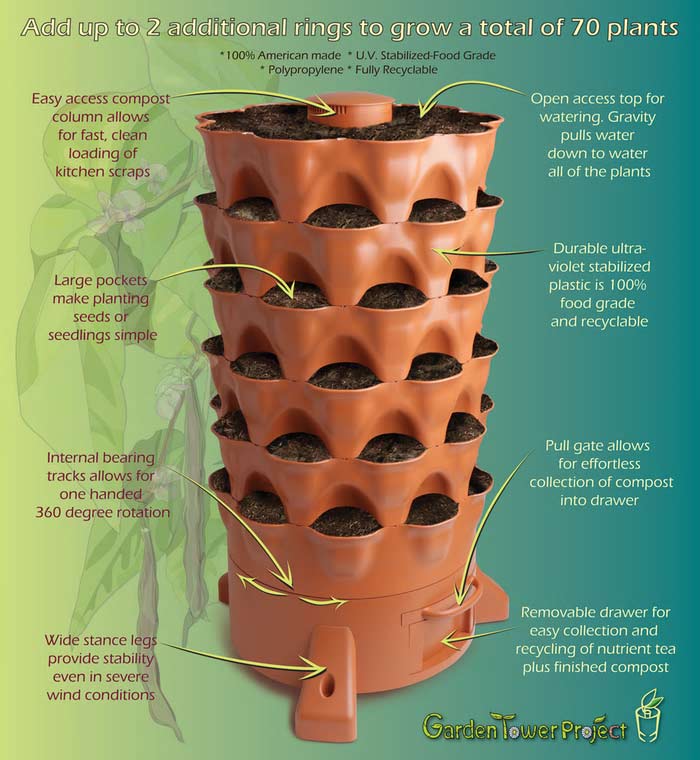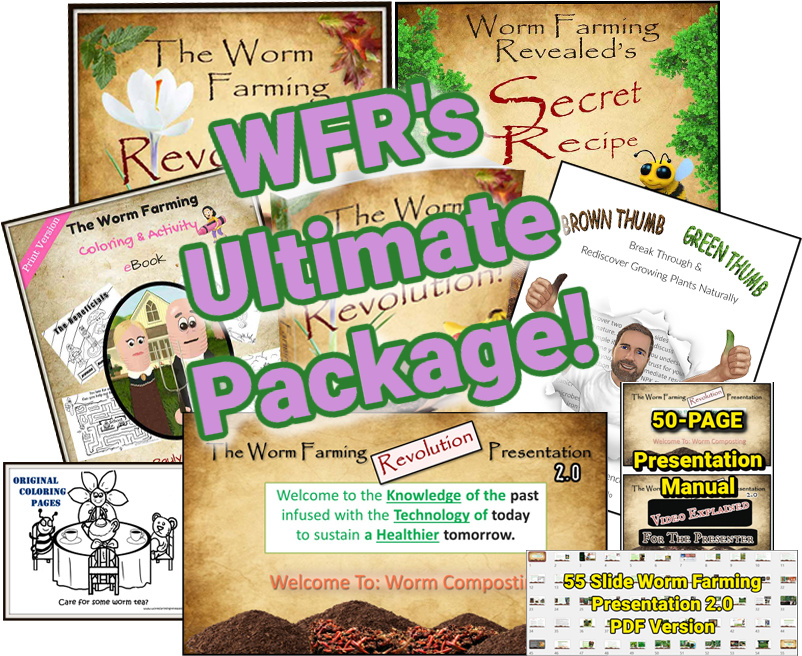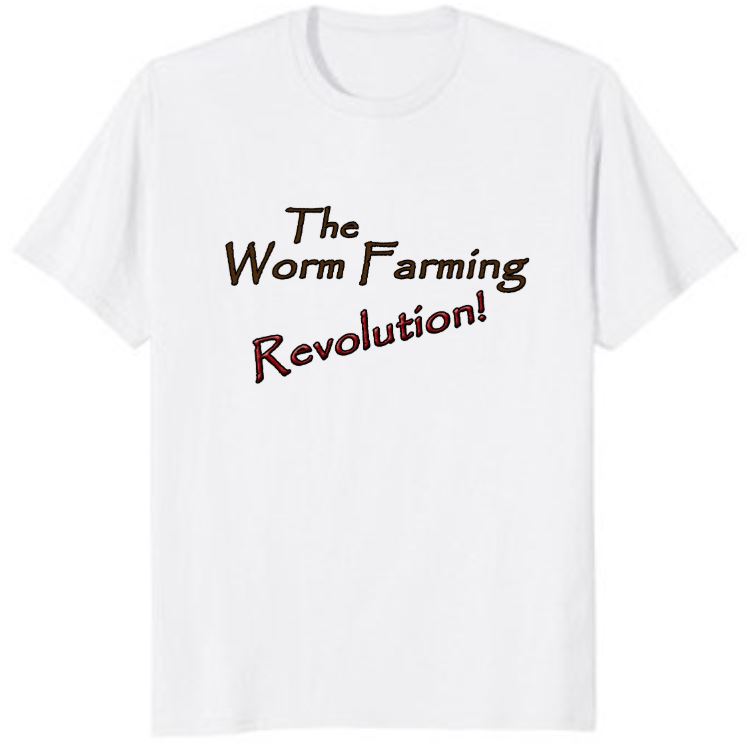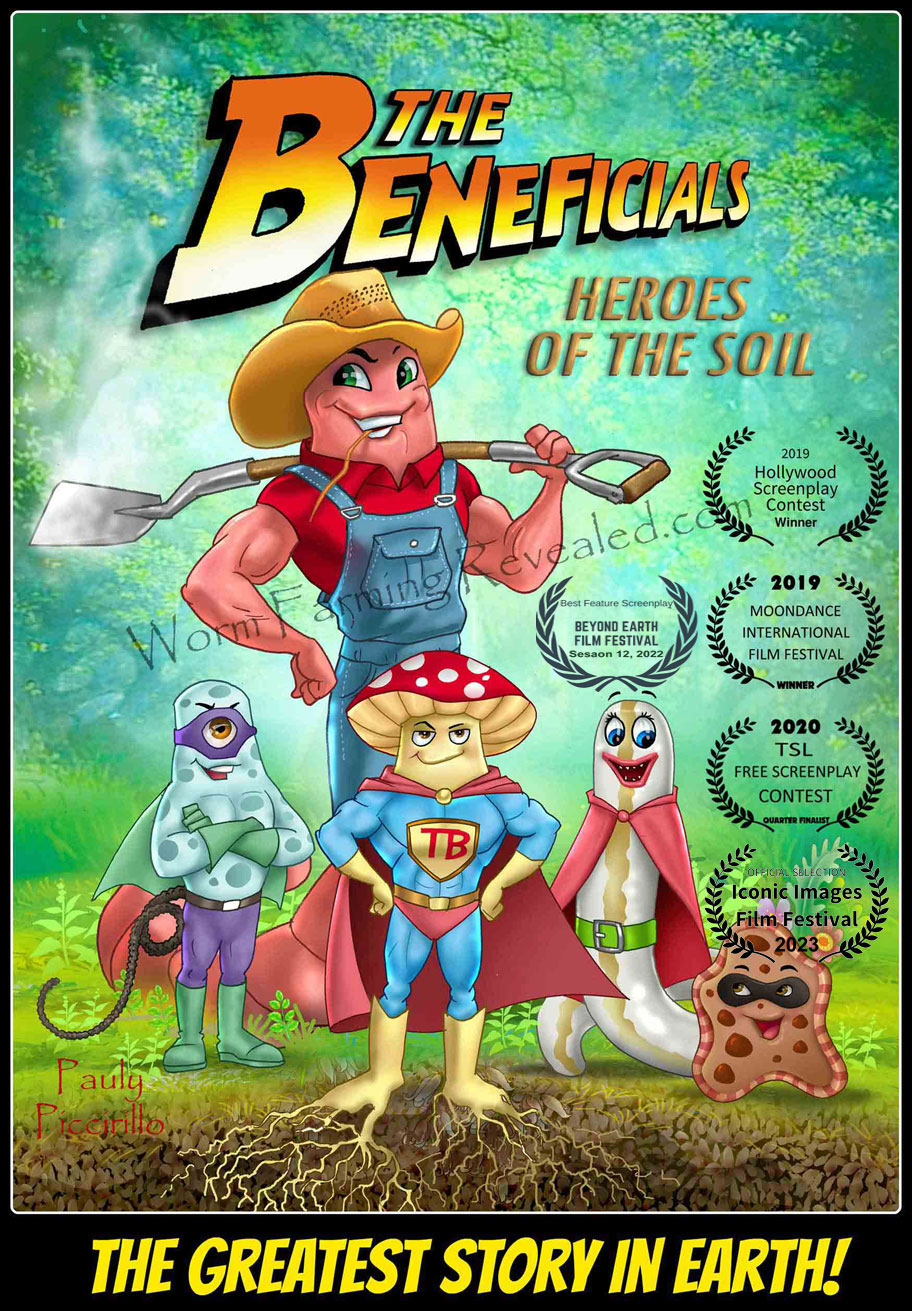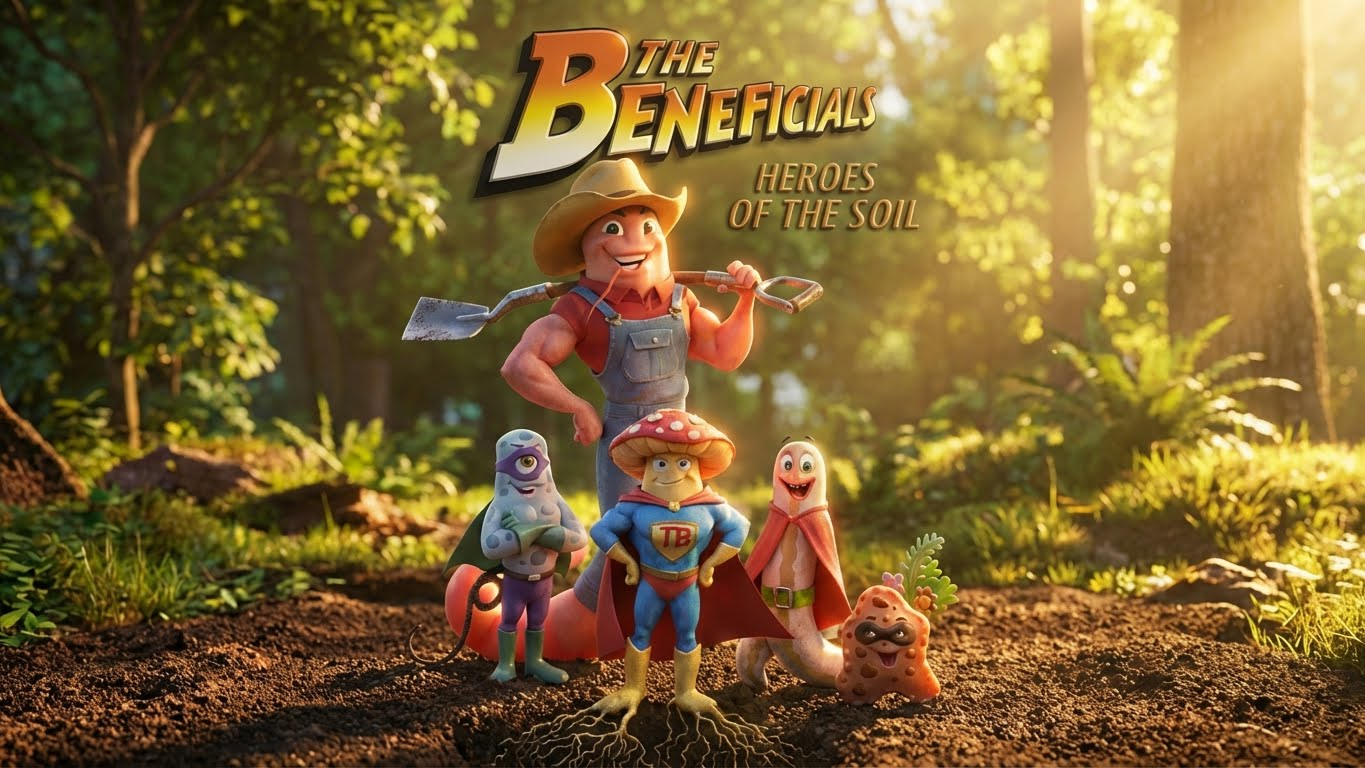Worm Farming in a Correctional Facility
By Hannah Continued...
Hannah shows us that worm farming in a correctional facility can be rewarding in several ways continued...
I have completed my first 12 week program and am
preparing for the second to start soon. The students who completed the first
program worked incredibly hard.
|
|
Re-entry into society is one of the
most challenging steps for individuals who have been incarcerated. With a
lifetime felon stigma attached to each individual, little work experience,
detachments from family/friends after a lengthy incarceration period, little or
no resources, and potential institutionalization, it is a very difficult and
stressful time for many.
That being said, the program also presents practical
work options for the students upon their release.
|
. |
|
Furthermore, the program offers an
alternative way of thinking about the students’ environment and lifestyles—both
inside the institution and out. Although the focus is environmental
education highlighting vermicomposting and traditional thermophilic waste
management practices, each component addressed throughout the program
illuminates simplicity, encourages minimalism, and highlights contentment in
modesty.
Many of the students’ responses to the program reflect their
understanding and appreciation:
|
“What this class has done for me is it has made me focus harder on my main goal in life and that is to be and stay a part of society and to do my best to maintain and pursue this world for my grandkids and their kids to come and have a better place to live in.” |
|
“It has been a blessing to get firsthand experience in the vermicomposting/environmental movement, and I am more conscious and my thumbs are greener for it.”
|
|
“To meet someone who has purpose, passion, and interest that they’re fulfilling helps me on my journey to living a fulfilling life.” “I like the fact that you care. There isn’t much of that around here…” |
The United States has over 7 million individuals under the supervision of adult correctional authorities—over 2.2 million of which are currently incarcerated in jails and prisons—who are in desperate need of directed attention and focus.
Of those incarcerated individuals, 97% will be released regardless of what is, or is not, introduced to them during their incarceration period.
We have environmental issues that necessitate
consciousness at the individual level, and we have a large amount of soon-to-be
members of society with time on their hands.
Why not introduce environmental programs and practices with the potential to positively affect incarcerated individuals, correctional institutions, society, and the natural environment as a whole?
~Hannah
Please Go Back to the first page & comment or ask Hannah any questions concerning her program about worm farming in a correctional facility.
Go back and ask Hannah about worm farming in a correctional facility
